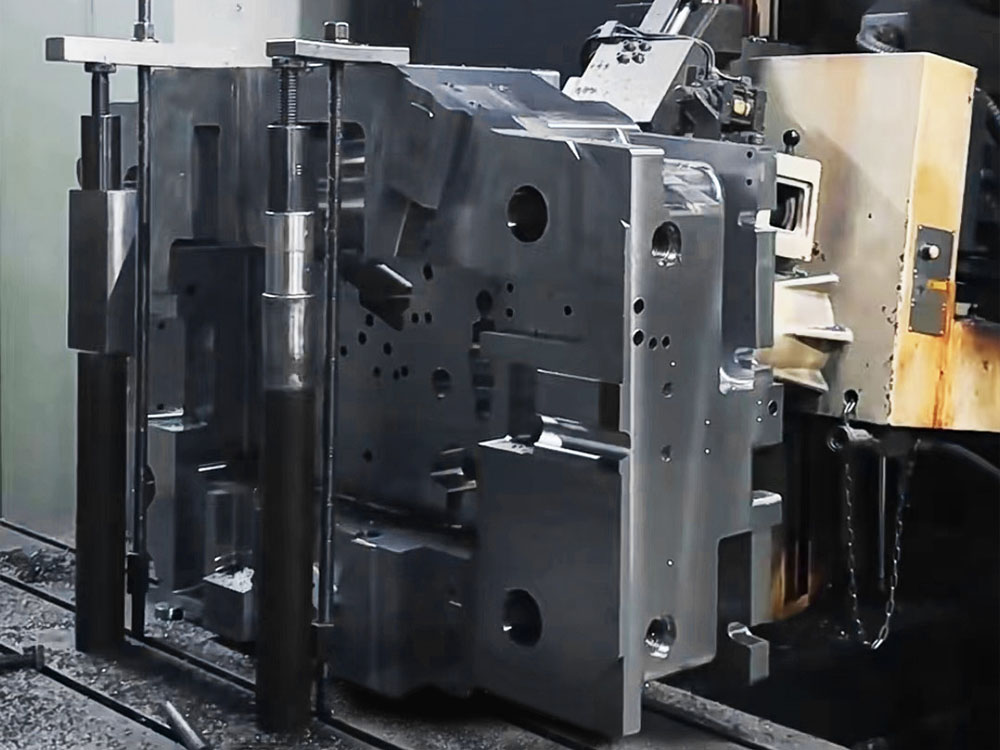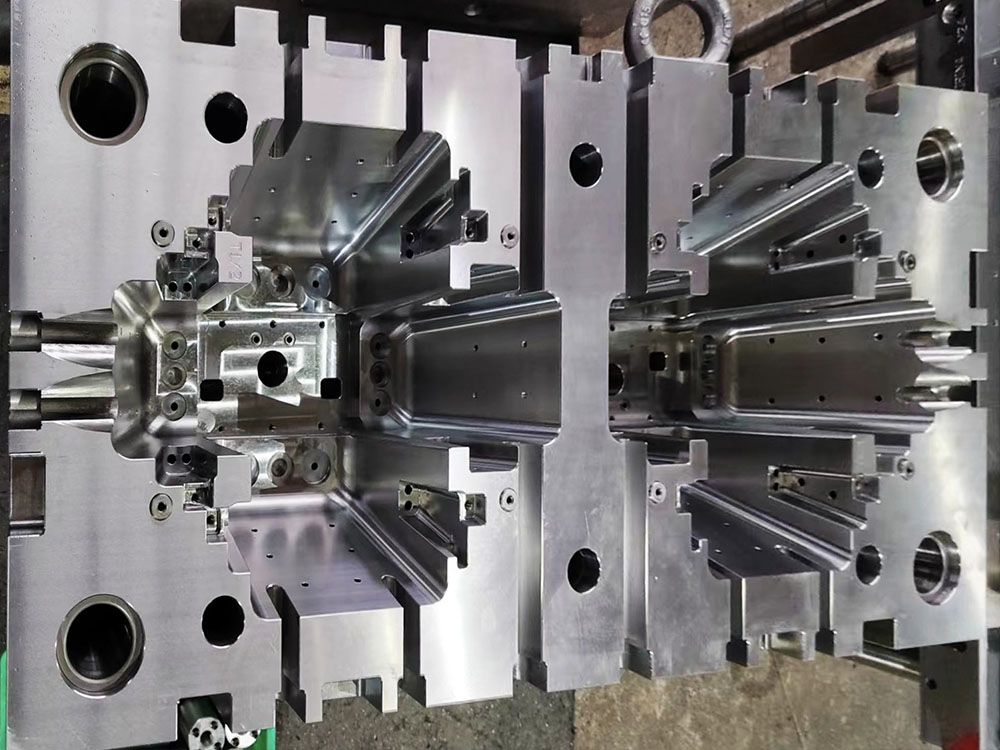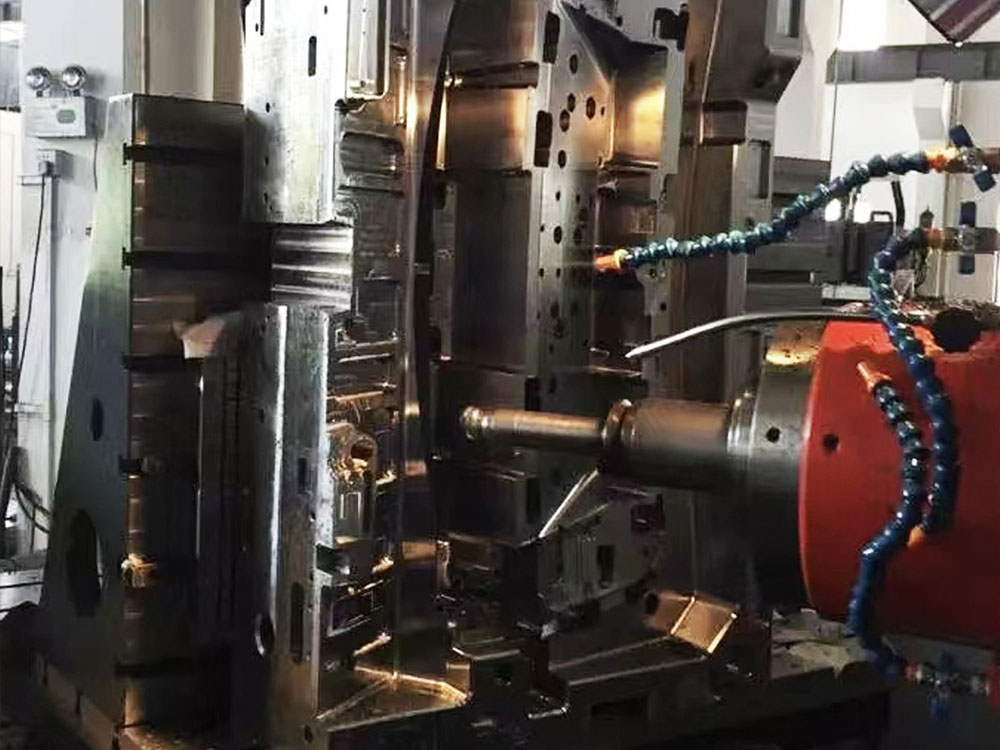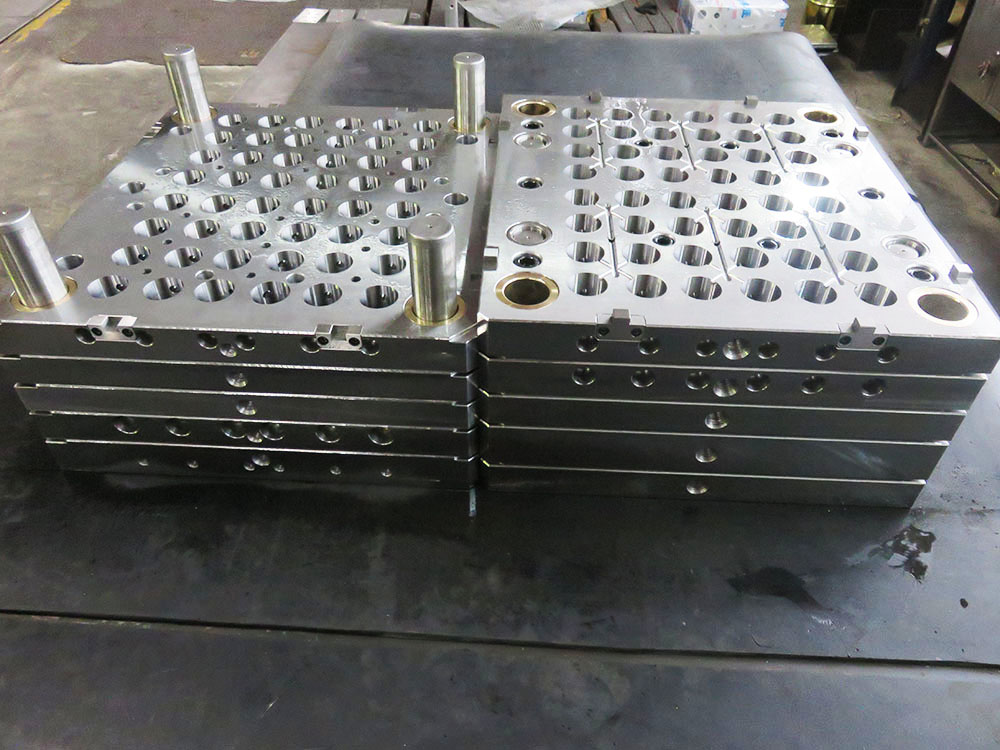Introduction to Formwork Foundation in the Mold Base Industry
Formwork foundation plays a critical role in the mold base industry. It provides the necessary support and structure for the construction and casting of molds. In this article, we will explore the function, types, and importance of formwork foundation in detail.
Function of Formwork Foundation
The primary function of formwork foundation is to bear the load of the mold and ensure its stability during the casting process. It distributes the weight evenly and prevents any movement or deformation that could compromise the quality of the final product. Additionally, formwork foundation provides a smooth and level surface for the mold to rest on, allowing for precise and accurate casting.
Types of Formwork Foundation
Formwork foundations can be categorized into several types based on their construction and material used. The most common types include:
1. Concrete Foundation: Concrete is widely used for formwork foundations due to its strength, durability, and versatility. It can be poured into various shapes and sizes, allowing for customization based on the specific mold requirements.
2. Steel Foundation: Steel foundations offer excellent load-bearing capacity and are often used in large-scale mold base projects. They provide a high level of stability and can withstand extreme conditions. Steel foundations are known for their strength, resistance to corrosion, and ease of installation.
3. Wood Foundation: Wood is commonly used for smaller mold bases or temporary installations. It is lightweight, cost-effective, and easy to work with. However, wood foundations may not offer the same level of longevity and durability as concrete or steel.
Importance of Formwork Foundation
The formwork foundation serves as the backbone of any mold base construction. Its significance lies in the following aspects:
1. Structural Stability: A strong and stable formwork foundation ensures the structural integrity of the mold during the casting process. It prevents any movement, shifting, or deformation that could lead to defective products or failures.
2. Precise Casting: The level and smooth formwork foundation provide a solid base for the mold, allowing for precise and accurate casting. This is crucial for achieving the required dimensions and surface finish of the final product.
3. Safety: Properly designed and constructed formwork foundations ensure the safety of workers involved in the mold casting process. It minimizes the risk of accidents or injuries caused by unstable mold bases.
4. Longevity: A well-built formwork foundation increases the lifespan of the mold base. It withstands the constant load, withstands wear and tear, and extends the overall durability of the mold.
Conclusion
In conclusion, the formwork foundation is an essential component in the mold base industry. It provides stability, accuracy, and safety during the casting process. The choice of material and construction technique depends on the specific project requirements and environmental factors. By understanding the function and importance of formwork foundation, manufacturers can ensure the quality and longevity of their mold bases, leading to successful and efficient production processes.




